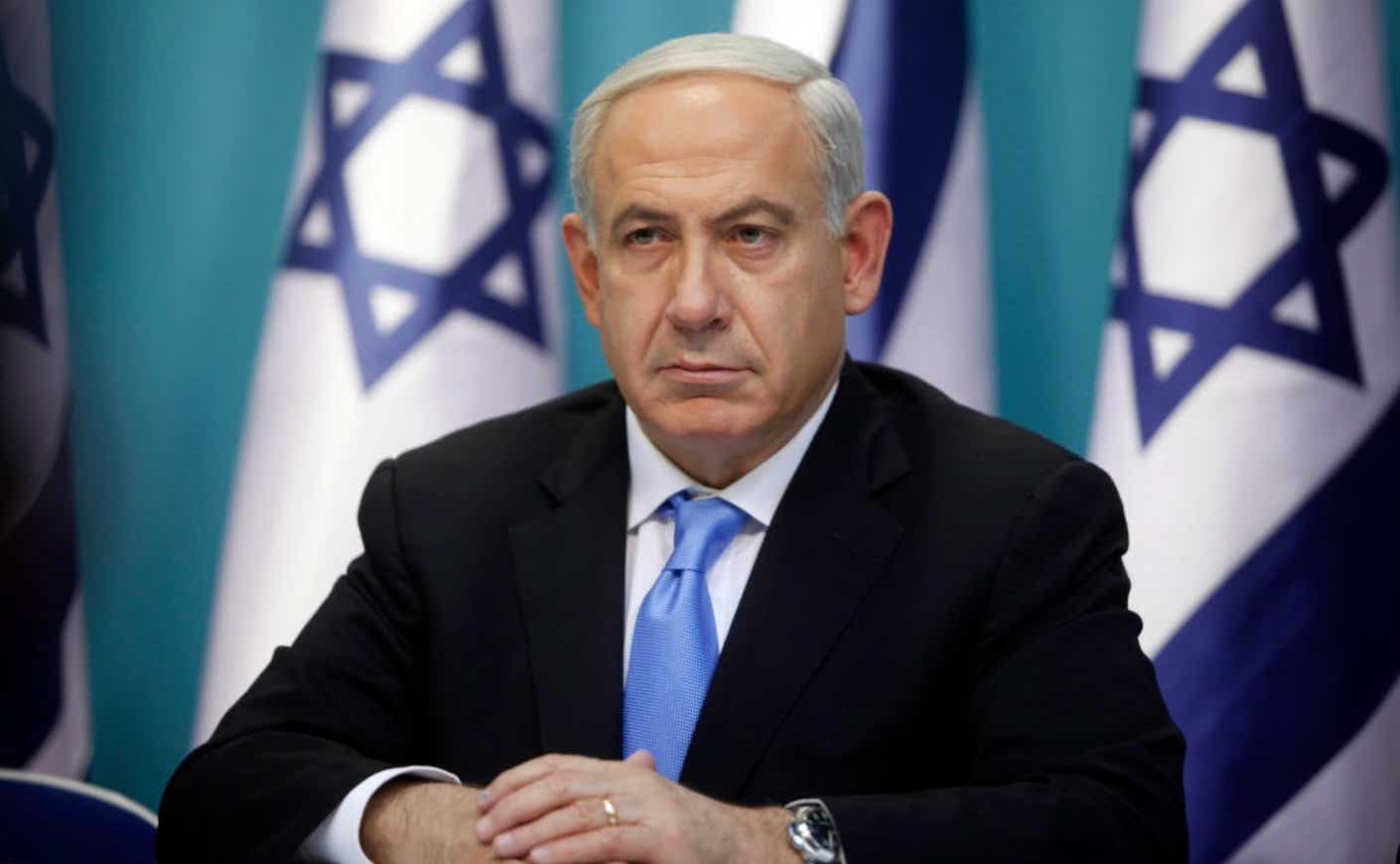As the war between Israel and Hamas continues to unfold, we’re seeing activity that could hold top officials on both sides of the conflict accountable for their alleged actions during this time.
On Monday, the International Criminal Court’s chief prosecutor Karim Khan said he applied for arrest warrants against Israeli Prime Minister Benjamin Netanyahu and his defense minister Yoav Gallant, along with Hamas leaders Yahya Sinwar, Mohammed Diab Ibrahim Al-Masri, and Ismail Haniyeh.
But none of the five men will be placed under immediate arrest — the warrant applications must still be considered by a panel of ICC judges, according to the Associated Press. Still, they sparked some swift outrage — President Biden slammed Khan’s request against Israeli officials as “outrageous” and maintained that Israel has a right to defend itself.
In the meantime, here’s a breakdown of what this move means and what’s next.
First off, what is the International Criminal Court?
First founded in 2002, the ICC prosecutes individuals who are responsible for some of the world’s most heinous atrocities, including war crimes, crimes against humanity, and genocide. While it has been endorsed by the U.N. General Assembly, the court remains independent.
It has previously issued arrest warrants against several high-ranking people, including former Sudanese president Omar al-Bashir, and most recently, Russian President Vladimir Putin.
What do these potential arrest warrants mean?
This request for arrest warrants is the first step in what could be a lengthy legal process.
If the panel of judges finds sufficient evidence of war crimes and crimes against humanity, they can either summon the suspect to appear voluntarily or issue an arrest warrant. But this is where it gets complicated: Even though the ICC can issue warrants, it relies on other countries to make these arrests, and Israel as well as dozens of other countries, including the U.S., don’t accept the court’s jurisdiction over war crimes.
That said, the court has previously ruled it has authority over the Palestinian territories, including the Gaza Strip, because political leaders there have already agreed to grant the court such jurisdiction.
Ultimately, once a suspect is brought in, there would still need to be a pre-trial, where the court would decide whether there’s enough evidence for the case to go to trial. From there, the prosecution must prove that the five men are guilty of the alleged crimes “beyond reasonable doubt.” And if charged, the court says they could face 30 years in prison or even a life sentence.
What have Israeli and Hamas leaders been accused of?
Khan alleges that he found evidence of war crimes and crimes against humanity committed by Israeli and Hamas leaders following an initial investigation by his prosecutorial team.
The prosecutor said that Netanyahu and Gallant “bear criminal responsibility” for intentionally targeting civilians as well as causing death, starvation, and suffering. While he acknowledged that Israel has a right to take action to defend itself just like any state, it doesn’t absolve the country “of its obligation to comply with international humanitarian law.”
The Hamas trio is suspected of crimes related to hostage-taking, torture, and “rape and other acts of sexual violence as crimes against humanity.” This evidence is based on medical records, documentary evidence, and interviews with victims who survived their hallowing captivity.
Both Hamas and Israeli leaders have denounced ICC’s move. While Netanyahu blasted it as “a moral outrage of historic proportions,” Hamas called it an attempt to “equate victims with aggressors.”
How is the U.S. responding?
President Biden condemned Khan’s push for arresting Israeli leaders. “Whatever this prosecutor might imply, there is no equivalence — none — between Israel and Hamas,” he said in a statement. “We will always stand with Israel against threats to its security.”
Similarly, Secretary of State Antony Blinken said the U.S. “fundamentally rejects” the call for arrest warrants, saying the move could jeopardize diplomacy for a cease-fire and a hostage deal between Israel and Hamas.
Khan and his team have faced pressure from the U.S. to avoid requesting warrants against Netanyahu and Israeli officials in particular. Now, some Republican lawmakers are renewing calls to pass a bill that would sanction the international body and revoke visas of those involved in the ICC investigation or prosecution.
“The ICC is an illegitimate court that equivocates a peaceful nation protecting its right to exist with radical terror groups that commit genocide,” House Republican Conference Leader Elise Stefanik wrote on the social platform X.









